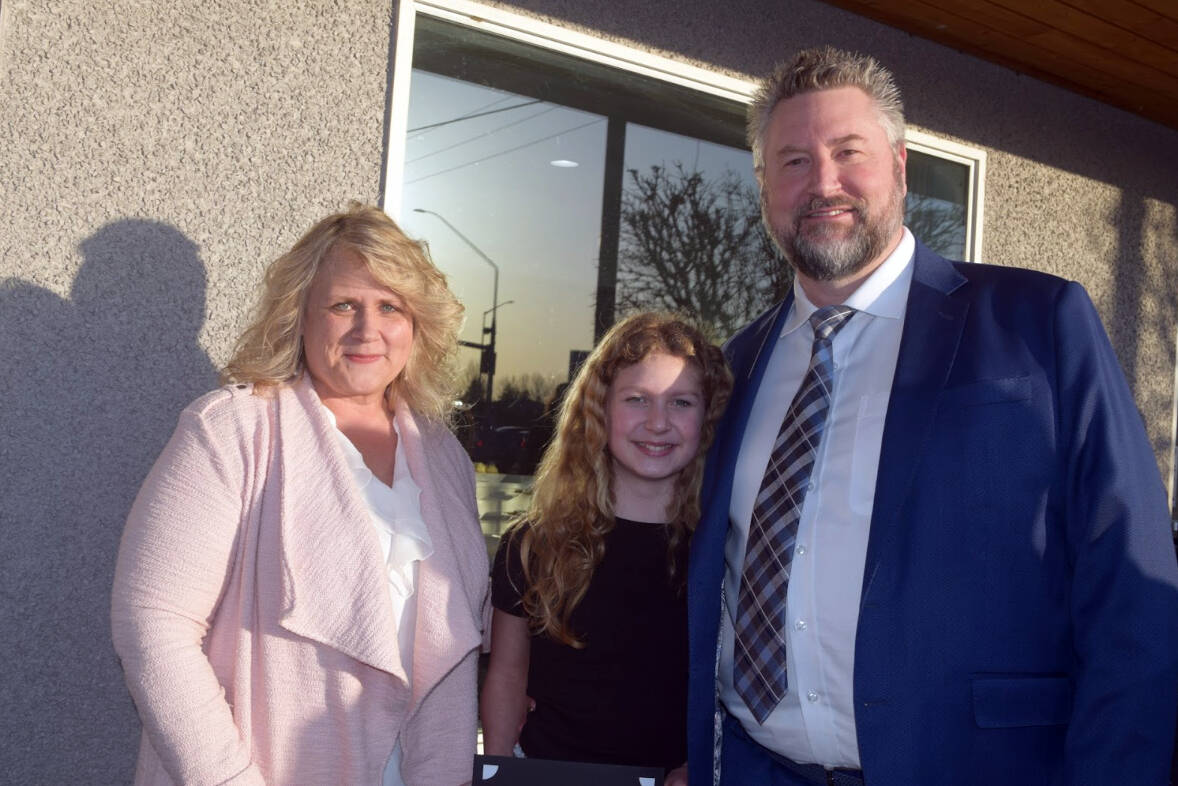News

Former Kent School District bus driver accused of raping student
Renton man, 39, reportedly sexually assaulted 11-year-old girl multiple times on bus

Kent Police investigate death of man found near railroad tracks
Found Sunday afternoon, April 21 in the 1000 block of First Avenue North
Asylum seekers, supporters ask Kent City Council for housing help
Investigation concludes on SWAT team’s fatal shooting of suspect in Algona
Kent Police to join new Western Washington Carjacking Task Force
Kent Police set community meeting for May 9 at Highline College
Sound Transit constructing giant bridge in Kent for light rail
Business
Kent’s copper-colored building near Highway 167 to become banquet hall
Facility on Washington Avenue South previously housed LA Fitness; newspaper printing plant
Sports

Spring sports breakdown: NPSL surprises and standings
League summaries so far, with mid-season awards.

Kent School District and Kent Reporter partner for Athlete of the Year
Voting opens May 1 and will run until May 8, Awards given on June 4.
Women’s NCAA basketball tournament was a game-changer | Bench Talk with Ben Ray
Kent Reporter Female Athlete of the Week: Sofia Mottern-Salinas
Kent Reporter Male Athlete of the Week: Justin Jamison
Kentwood takes down Kentridge and takes over first place in NPSL
Kent Reporter Female Athlete of the Week: Nashayla Fellows
Life

Healthy Kids Day free event coming up April 20 at Kent YMCA
Activities to include face painting, bounce house and dodgeball
City of Kent offers space festival for families May 4 at ShoWare Center
Kent-based Theatre Battery seeks performers for ‘Romeo and Juliet’
Return of ‘Kent Has Talent’ show postponed to fall from May
Kent Station to host Easter Egg Hunt on Saturday, March 30
Major $2.9 million renovation coming to Kent’s Springwood Park
Opinion

If you’re right, and you know it, then read this | Whale’s Tales
As the poet Theodore Roethke once wrote: “In a dark time the eye begins to see…”

The key thing is what we do with our imperfections | Whale’s Tales
I have said and done many things of which I am not proud. That is, I am no golden bird cheeping about human frailties from some high branch of superhuman understanding.
Northwest

King County releases $3 million to help find shelter for the homeless
Tukwila to get $2 million, Burien $1 million; no other South County cities applied for funds

Auburn’s Phil Fortunato announces secretary of state run
District 31 Republican senator wants to test Washington’s voting registration system for weaknesses.
Most Read
Medical examiner identifies Kent man killed while lying in street
Man, 22, dies from shooting at Auburn apartment complex
Sound Transit constructing giant bridge in Kent for light rail
Asylum seekers, supporters ask Kent City Council for housing help
Kent Reporter Female Athlete of the Week: Sofia Mottern-Salinas




